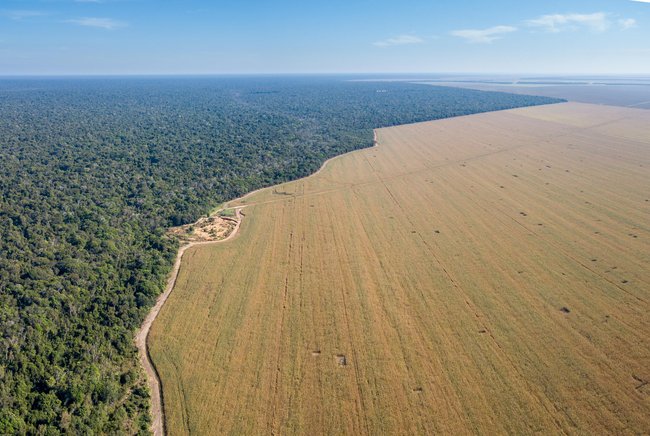SOY STORIES: Connected sustainability histories and futures of the global Soyacene
SOY STORIES investigates diverse Brazilian and Dutch sustainability histories connected by soy, and studies how a connected diversity perspective can contribute to imagining more inclusive sustainable futures.

Different regions across the globe face grave sustainability challenges that may be at once highly diverse and highly interconnected. SOY STORIES investigates diverse Brazilian and Dutch sustainability histories connected by soy, and studies how a connected diversity perspective can contribute to imagining more inclusive sustainable futures.
Challenges
Since the 1970s, accelerating soy production in Brazil has been associated with challenges such as large-scale deforestation, land-grabbing, and child labor, while soy-based intensive animal farming in the Netherlands came with challenges such as a 4-decades-long national manure and nitrogen crisis, public health hazards, greenhouse gas emissions and animal welfare problems. This study is important because historiography currently lacks a convincing approach to investigate the connected histories of diverse sustainability challenges. In turn, this omission entrenches a similar lack of connected thinking in future imaginaries.
To tackle this problem, SOY STORIES combines expertise in sustainability history and transnational history on both sides of the Atlantic (History Lab TUE, NL & Universidade Federal da Fronteira Sul, Brazil) with expertise in transdisciplinary research for sustainable futures (Athena Institute, VU, NL). More information: Erik van der Vleuten (PI)
In the five year study, the consortium combines in-depth historical research based on written source analysis and oral history on both sides of the Atlantic with regular stakeholder interaction. We continuously monitor and evaluate the effects of this combination of methods and approaches to make novel contributions to the fields of sustainability history, soy historiography and TDR.